Prof. Robert A. Rosenbaum [mathematics 1939–53]
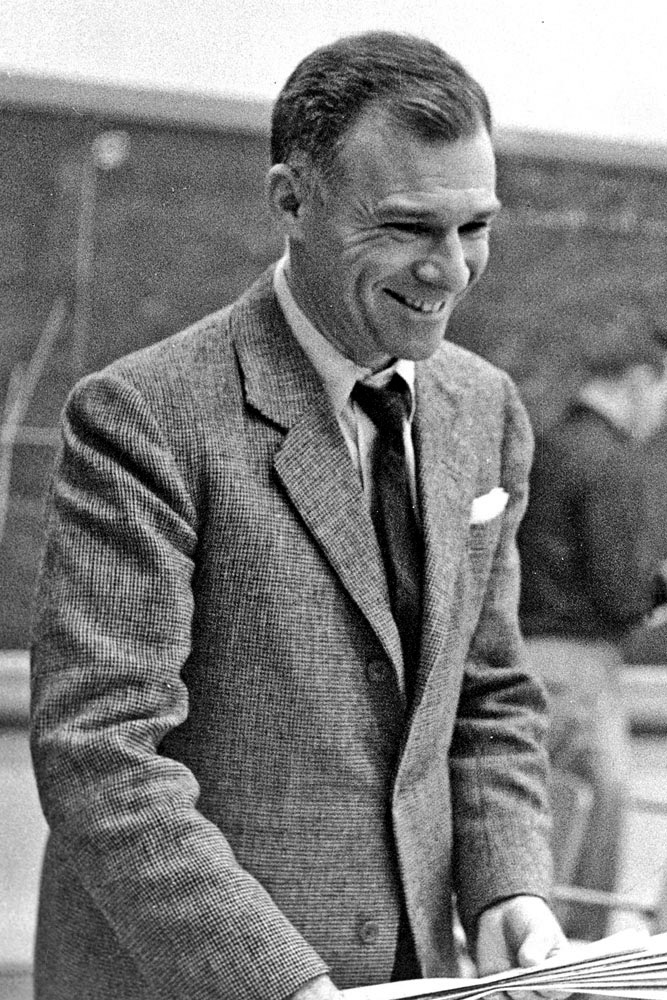
December 3, 2017, in Delta, Colorado, at the age of 102.
Born in Milford, Connecticut, Prof. Rosenbaum came to his career in mathematics naturally. His father, Joseph Rosenbaum, had emigrated to the United States from Russia, went to Yale, where he earned a PhD in math, and then taught math at a private school. When Bob was a boy, Joseph would take him on long walks where he posed complicated math problems, such as “imagine the corners on a dodecahedron”—a solid figure with 12 flat faces. Bob would have preferred playing with friends, but grew to appreciate the challenge.
“My father thought this was a good way of teaching me mathematics, which eventually would become the intellectual field I enjoyed most,” Rosenbaum said. “I thought there could be nothing more beautiful than mathematics, and that I could make anybody see that beauty.”
Having begun school early and skipped some grades, Rosenbaum started at Yale when he was 16. Partly because of his age, but also because he had little money, he found the university isolating and difficult. After completing his bachelor’s degree, he did a fellowship at Cambridge University and then spent two years at Yale doing graduate work. Prof. Frank Loxley Griffin [math 1911–56] brought him to Reed as a teaching fellow. Louise Johnson was also a Griffin recruit. She married Rosenbaum and became Prof. Louise Johnson Rosenbaum [math 1940–53].
Because of his math skills, Rosenbaum served as a navigator with the Naval Air Corps in the Pacific during the war. He resumed his studies at Yale, obtained his PhD in 1947, and returned to Reed, where he taught until 1953. The president of Wesleyan University then recruited him to strengthen the faculty there.
At Wesleyan, his career encompassed teaching and administration, with Rosenbaum serving as dean of sciences, provost, vice president of academic affairs, and acting president. It was said he could have been chosen as president if he had wanted the job, but, was quite insistent on not becoming head dog permanently.
“I never enjoyed the work,” he said of administration. “I enjoyed classroom teaching more.”
Rosenbaum became interested in the way math was taught in high schools. He was the organizing spirit behind the Project to Increase Mastery of Mathematics and Science, which ran summer seminars for math and science high school teachers in Connecticut beginning in 1979. He directed and later guided PIMMS, which grew to include pre-school and elementary school teachers from around Connecticut. Currently, the program, which has offered summer programs to hundreds of teachers, is being administered by Central Connecticut State University.
Along with other faculty members, he proposed that Wesleyan institute graduate programs in math, the sciences, and music. He pushed for the construction of a science center, tweaked the curriculum, and played a leading role in establishing the Center for African American Studies, recruiting the school’s first professor of African American studies.
As an administrator during the years of student protests in the late ’60s, Rosenbaum was even-handed. Wesleyan was grappling with the recent readmission of women, an endangered endowment, anti-war sentiment, and the anger and disappointment of many African American students. When students went on strike after the United States bombed Cambodia in May 1970, Rosenbaum supported their protests while opposing violence and retaining academic standards.
“He recognized, in the energies of protest, the voice of conscience, and the chance to join learning with action,” his colleague Richard Ohmann wrote in a tribute in Wesleyan Magazine.
Rosenbaum had become a squash player at Yale and continued to play, winning several national awards in his age group and playing until he turned 90. Wesleyan named its squash center for him, and he carried the Olympic torch on its way to Atlanta in 1996. He went rafting at age 83 and hiked in the Rockies at 10,000 feet when he was 100. He wrote articles in many journals, published three books, and was active in professional organizations. Among the many honors accorded him, the city of Middletown, Connecticut, twice honored him with a Robert A. Rosenbaum Day.
Louise died in 1980. Rosenbaum married Marjorie Rice Daltry, a Wesleyan professor who died in 2013. He is survived by his three sons, Robert, Joseph, and David.
Appeared in Reed magazine: March 2020
comments powered by DisqusFrom the Archives: The Lives they Led
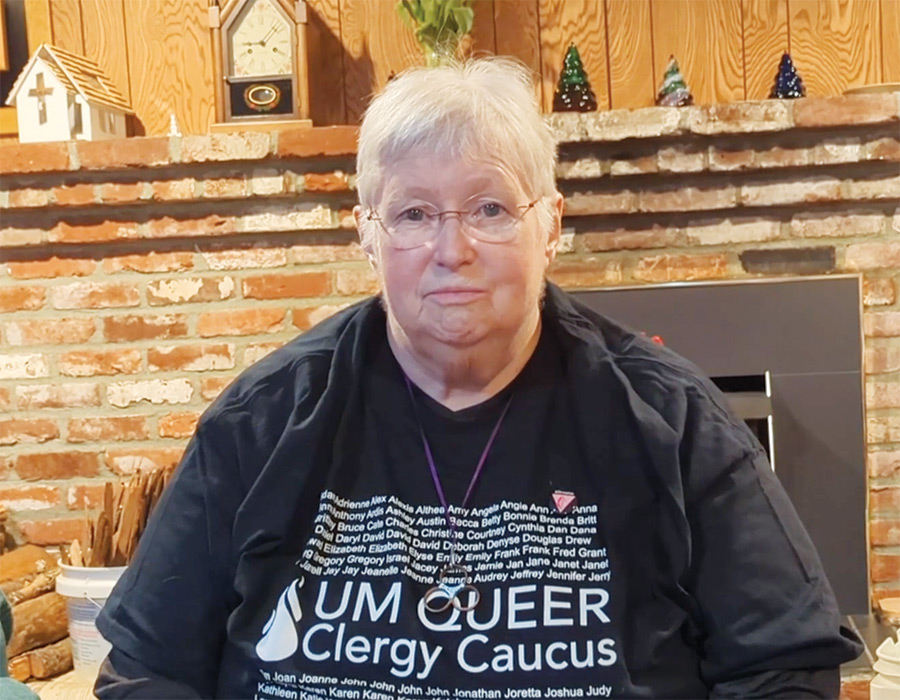
Jeanne Knepper ’69
The First Openly Gay Woman to Be Ordained and Appointed Within the Oregon-Idaho Conference of the United Methodist Church
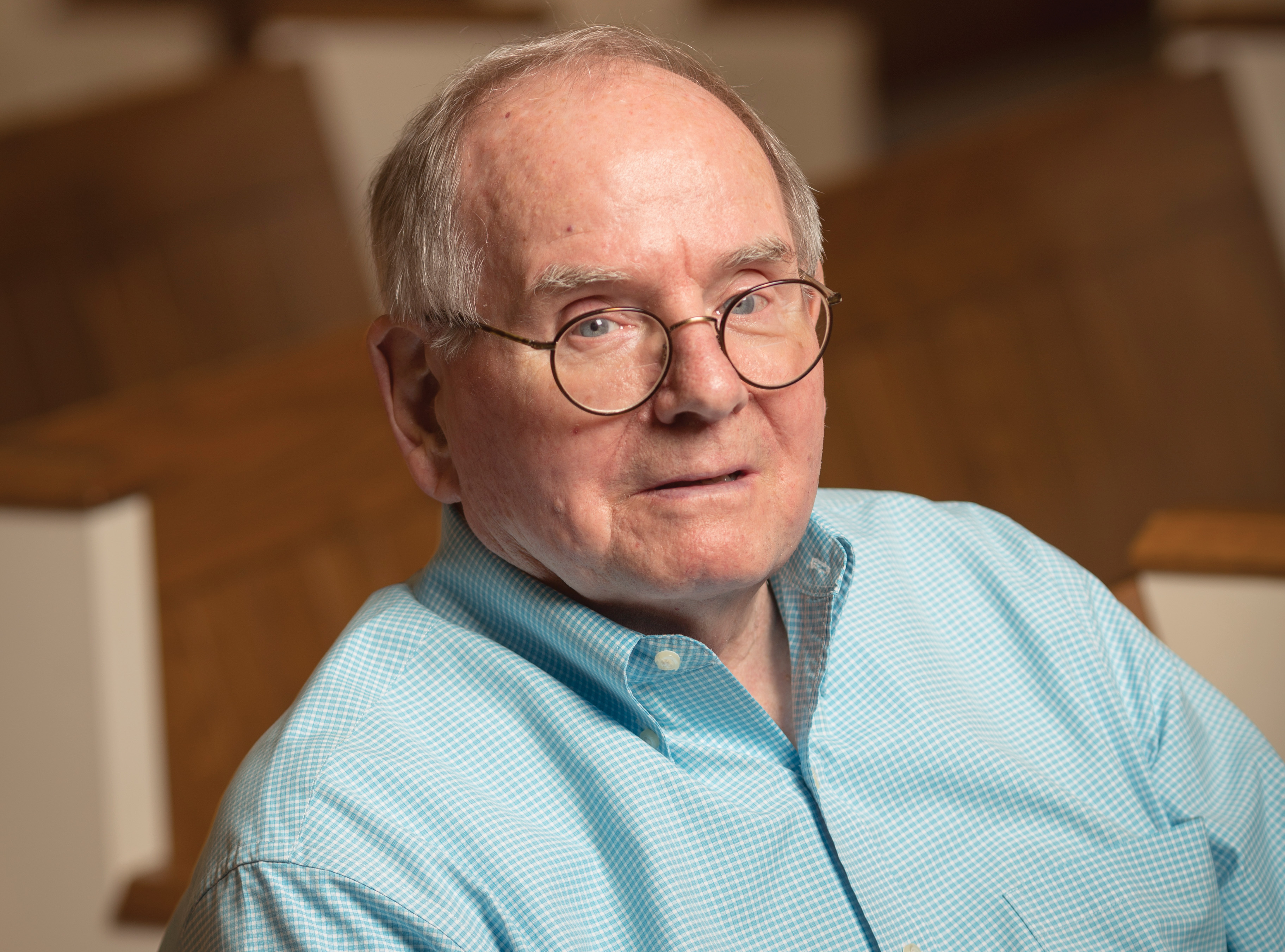
William Haden
As Acting President of Reed, He Strengthened the College's Finances and Alumni Relations
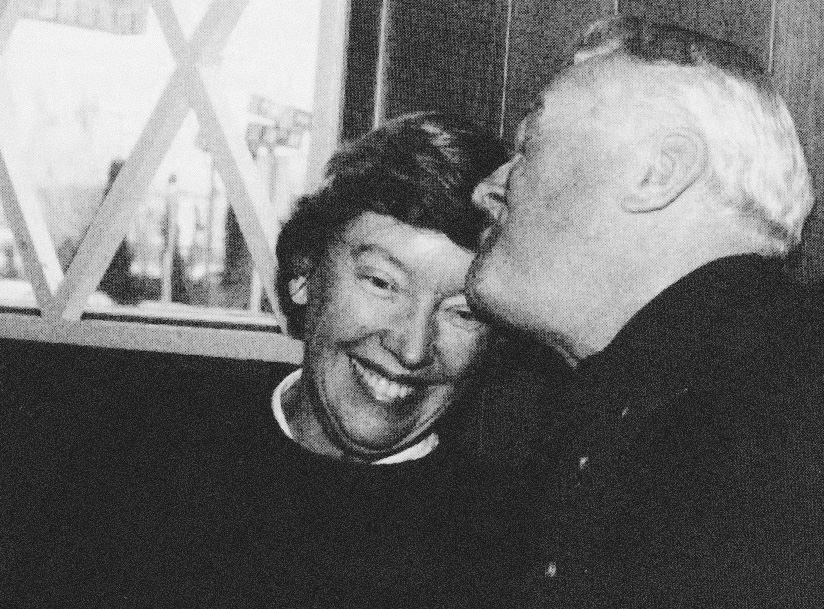
Nancy Horton Bragdon
Reed’s First Lady Whose Warmth and Leadership Were Invaluable During a Turbulent Time

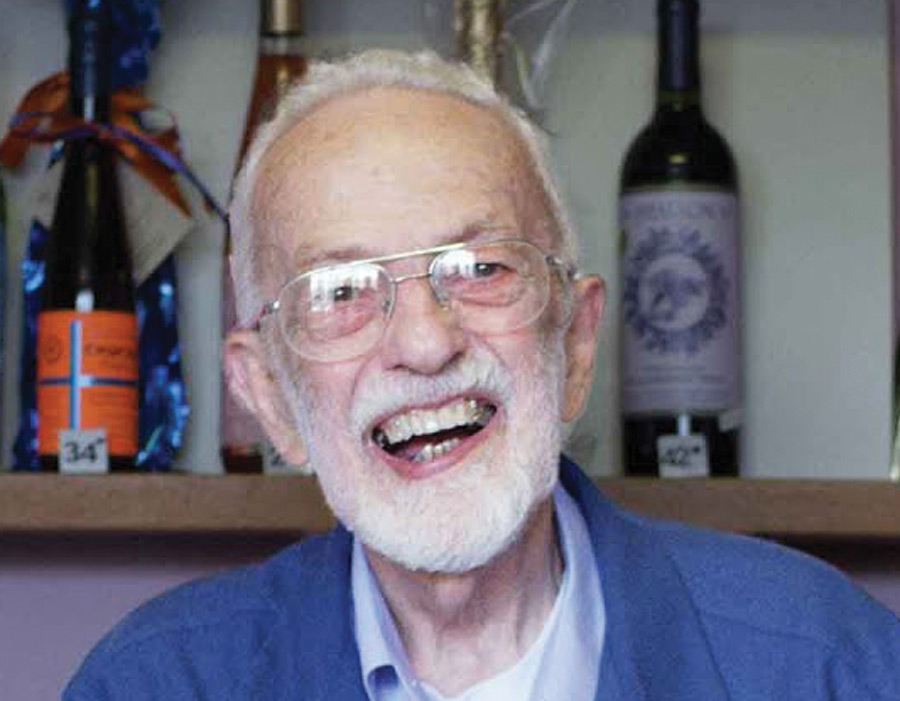
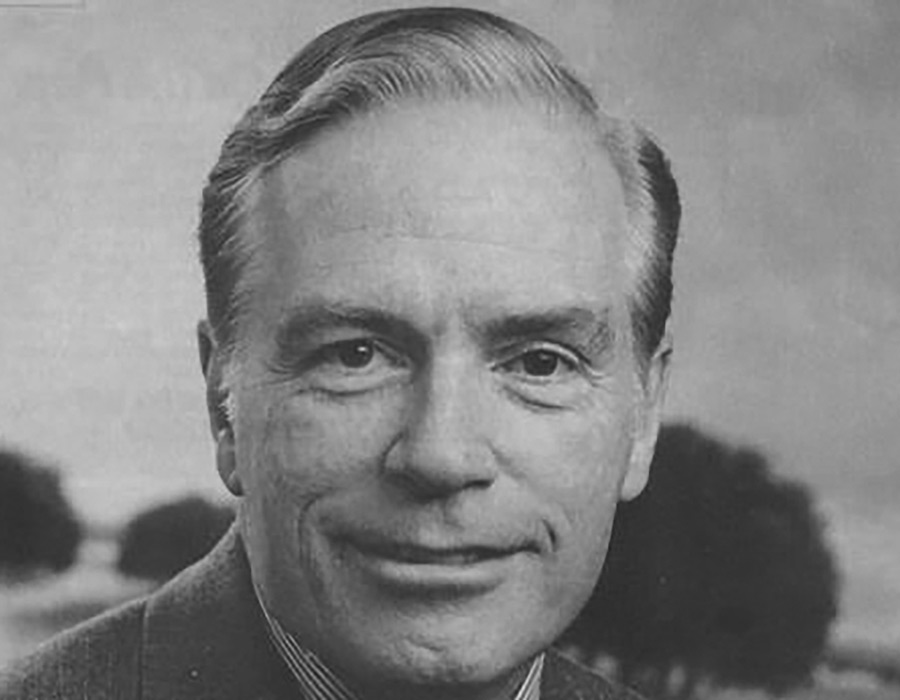
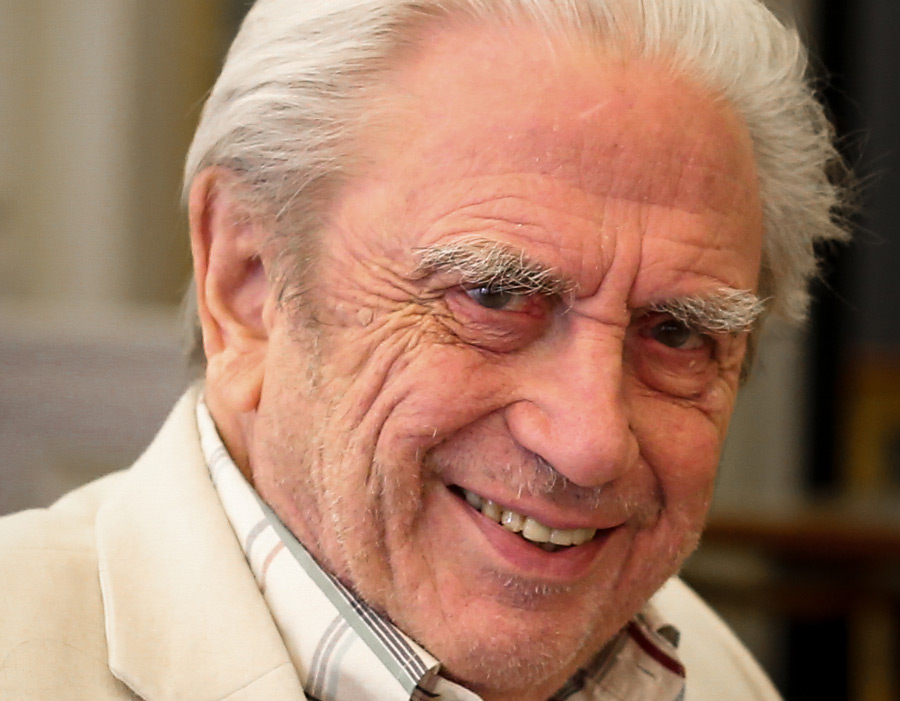
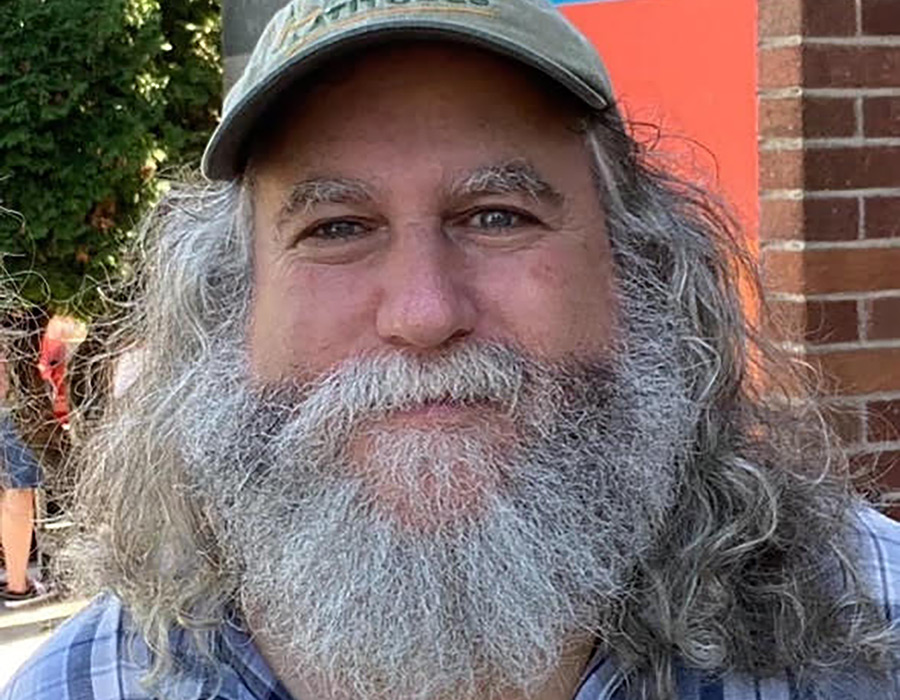
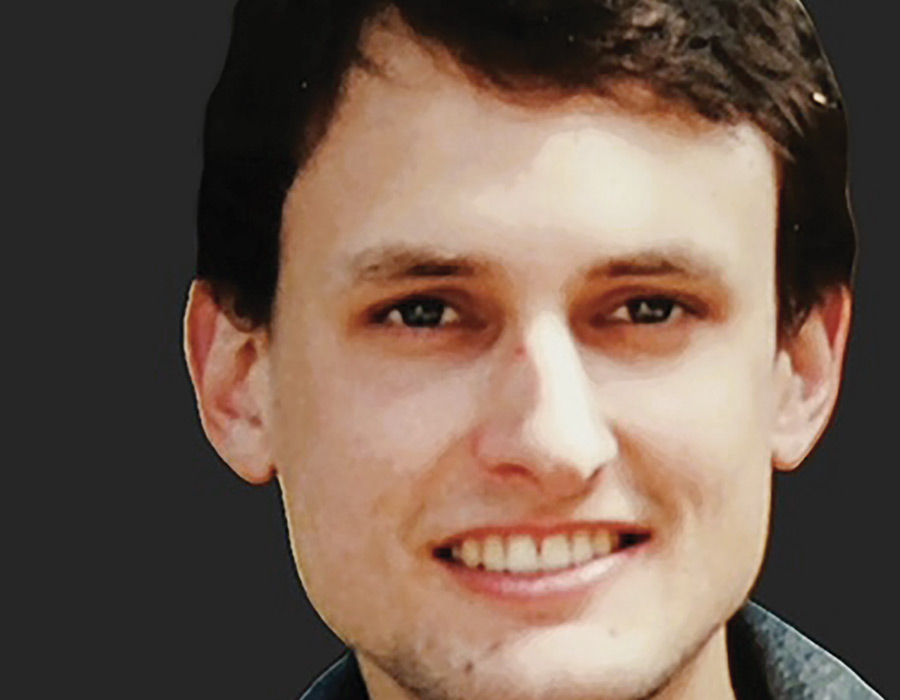

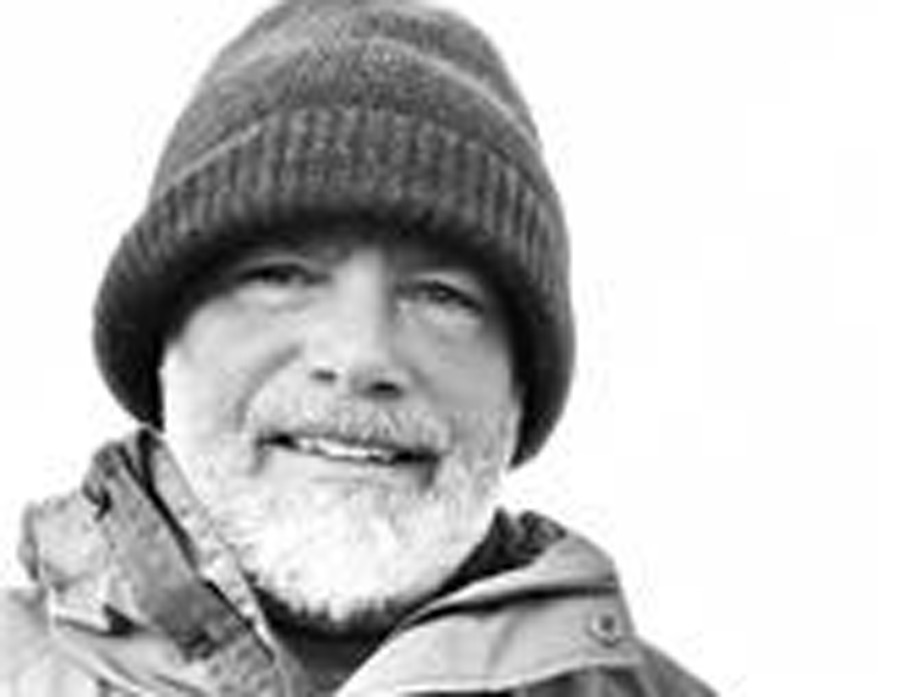
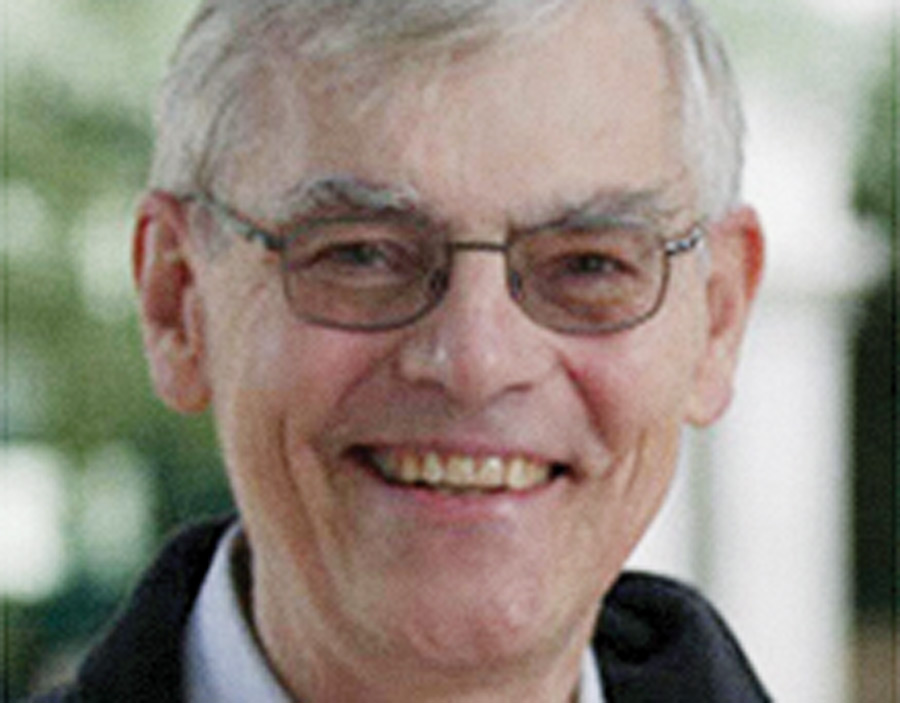
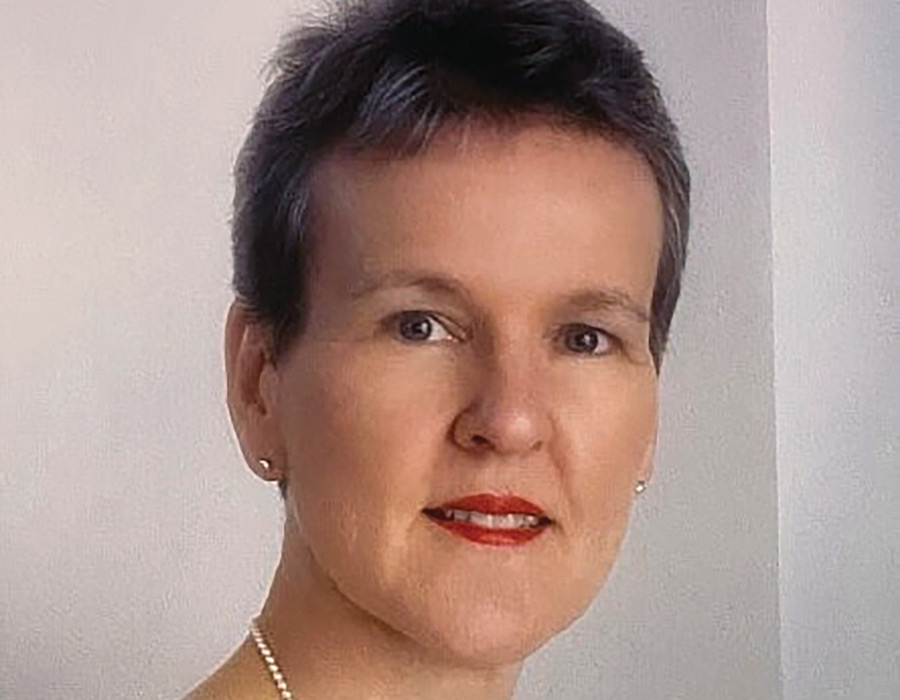
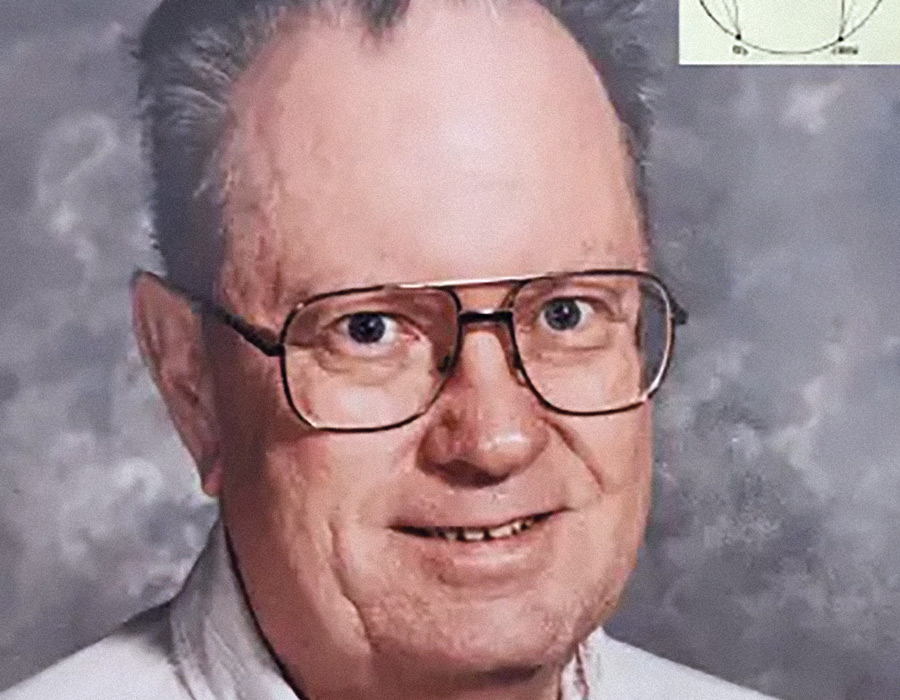
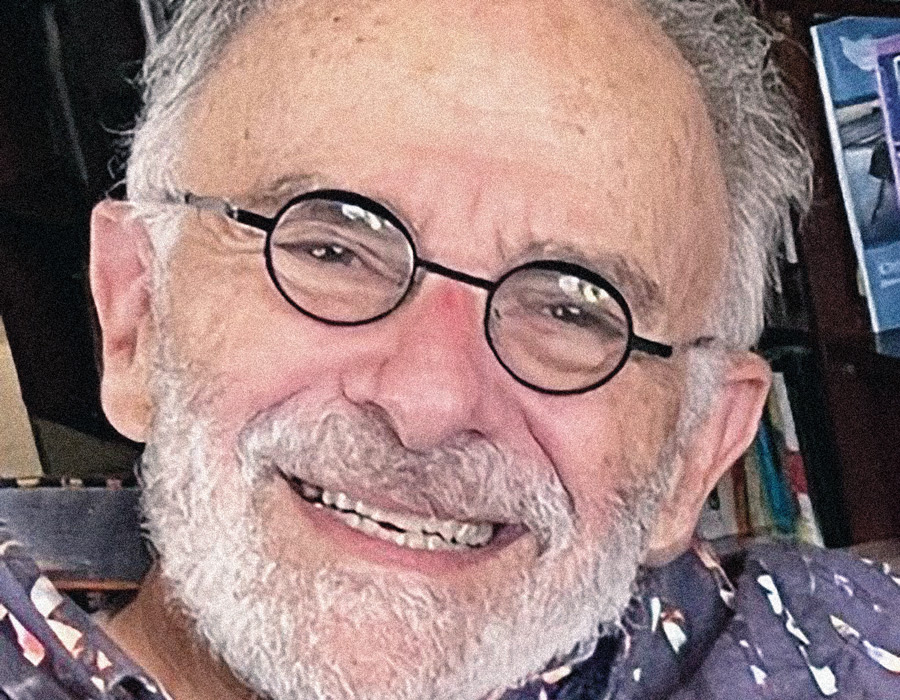
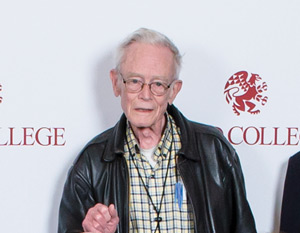
![Photo of Prof. Laurens Ruben [biology 1955–92]](https://www.reed.edu/reed-magazine/in-memoriam/assets/images/Larry-Ruben-copy.jpg)
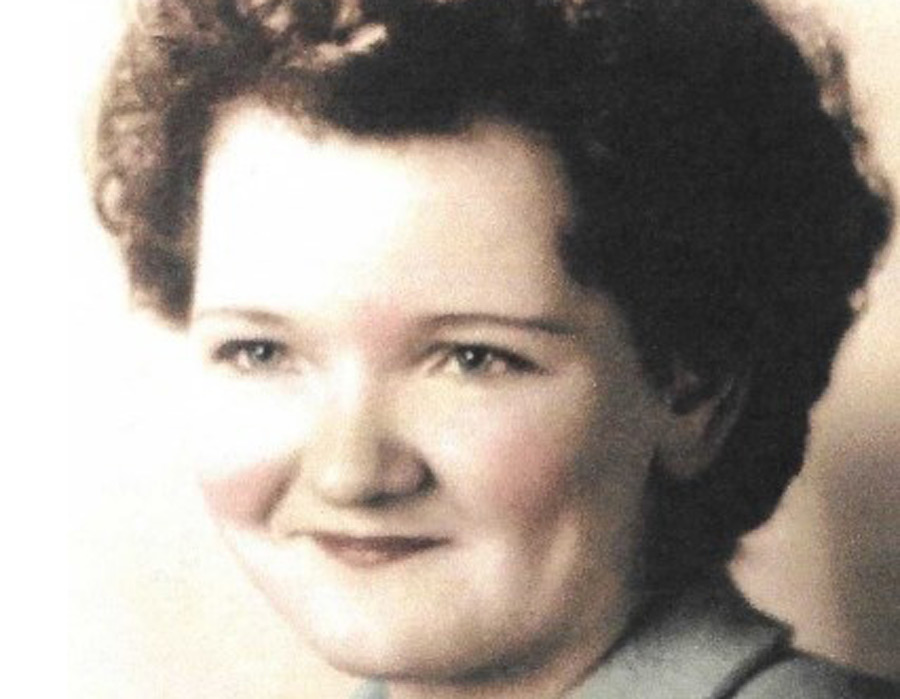
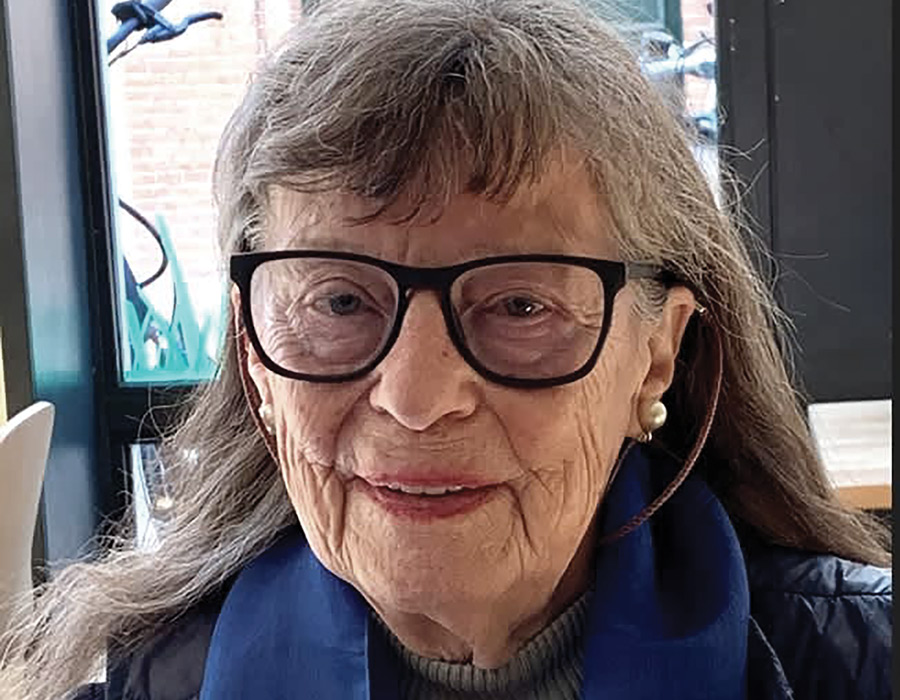
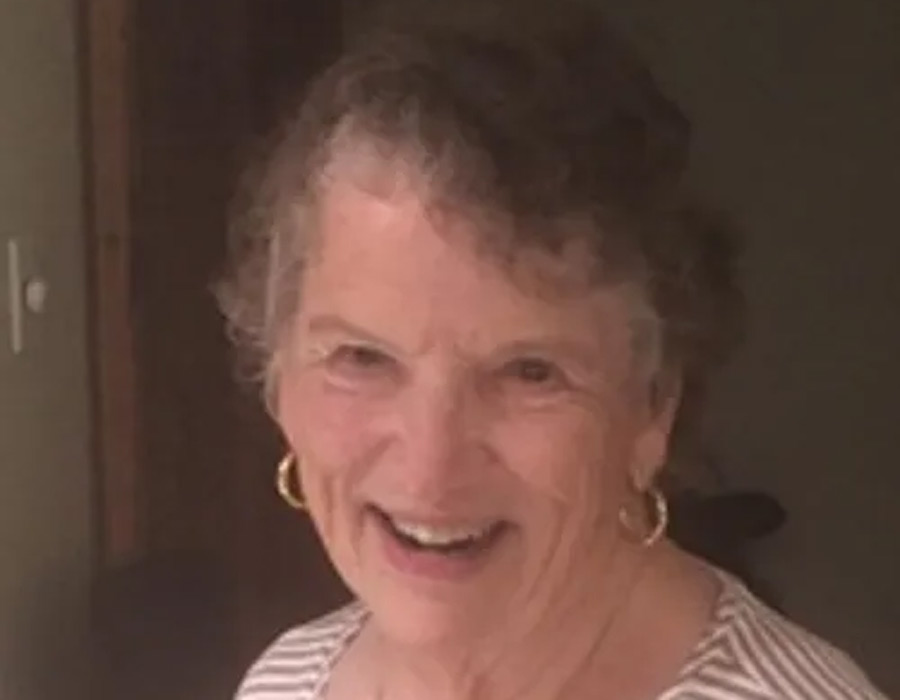
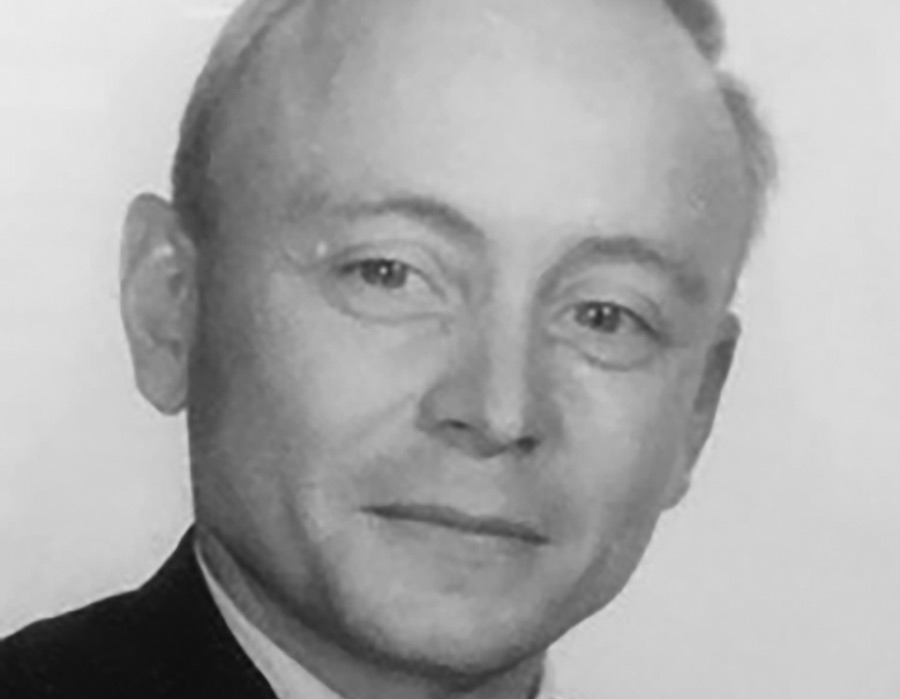
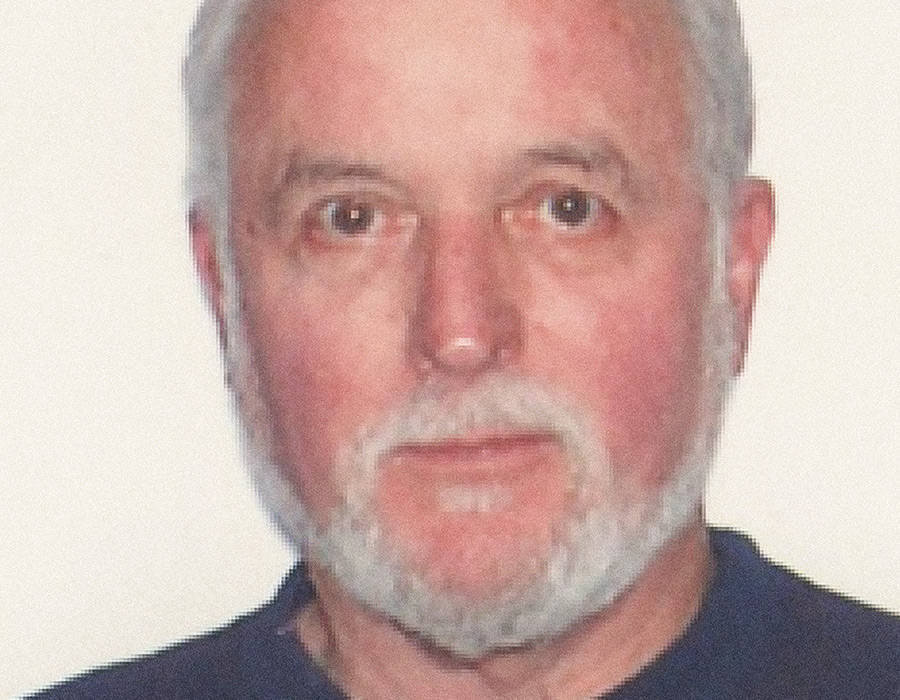
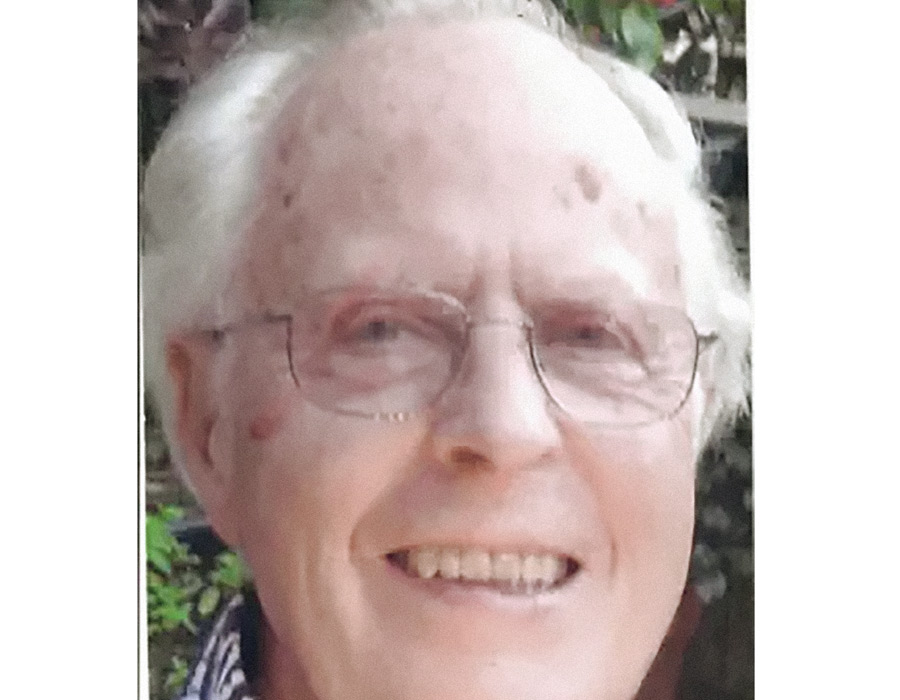

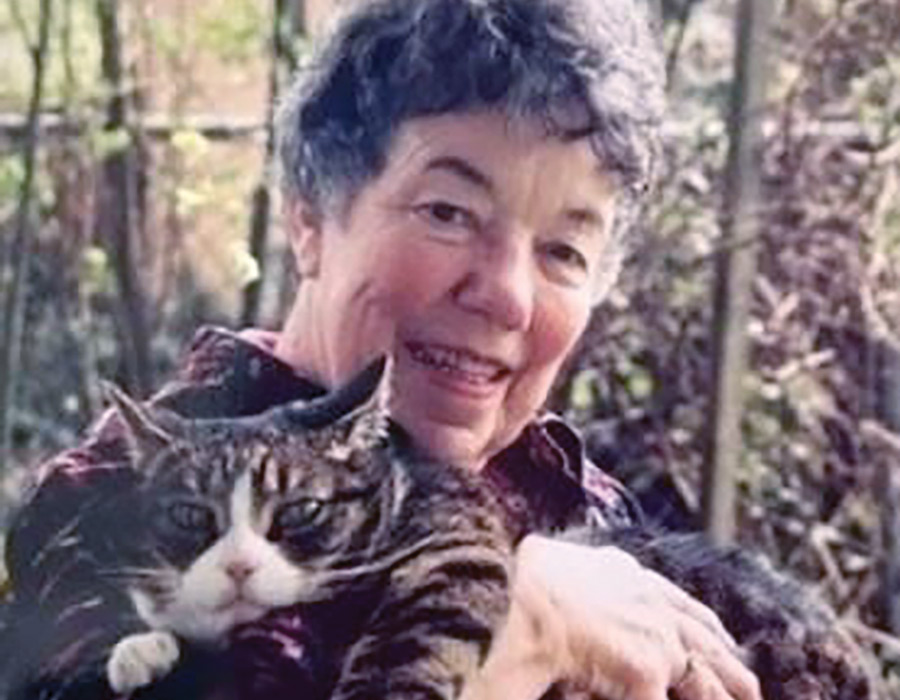
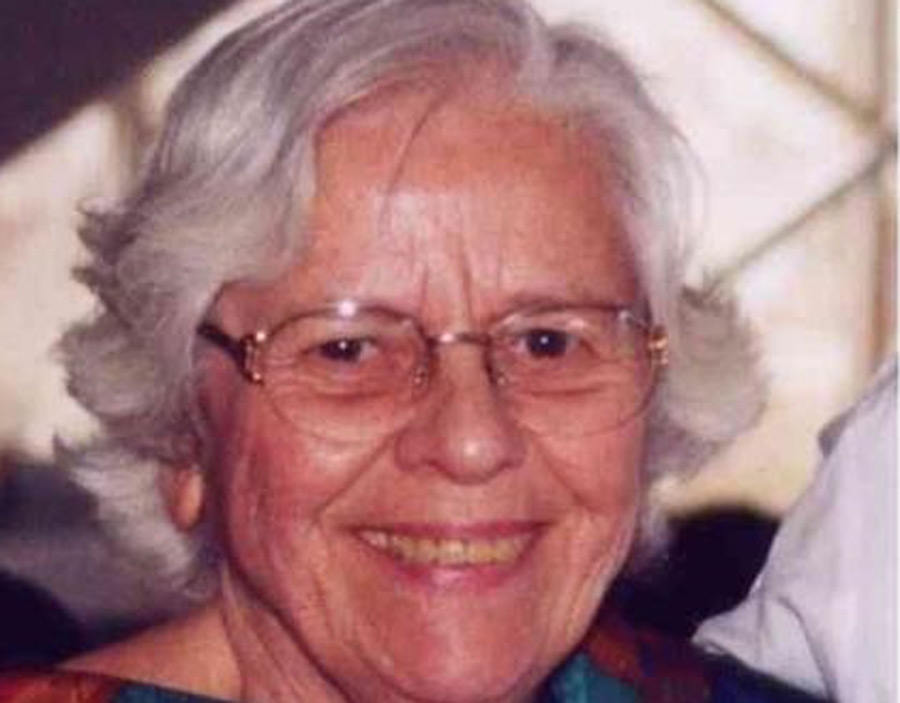
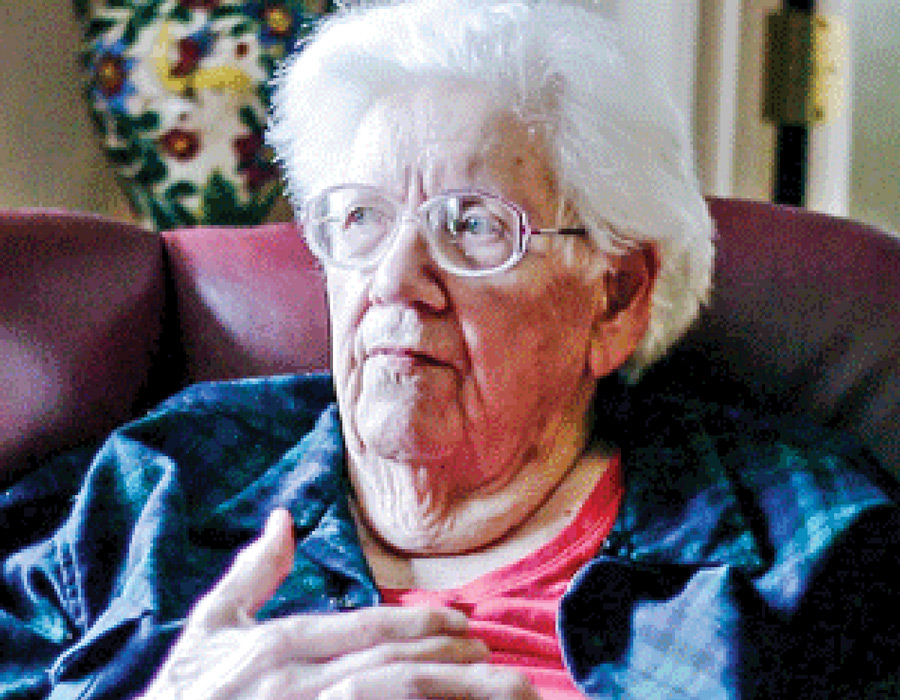
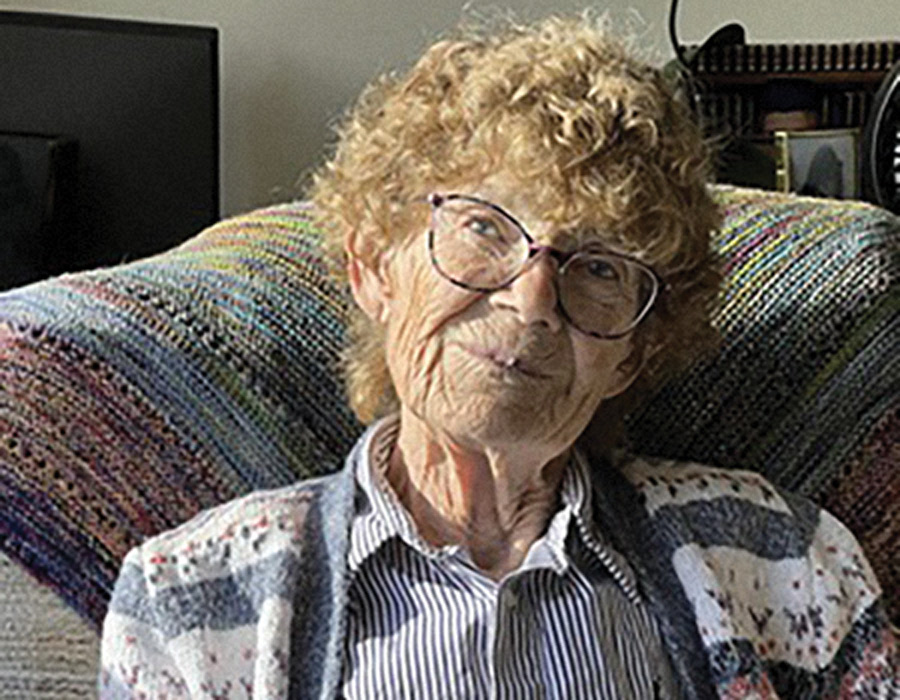
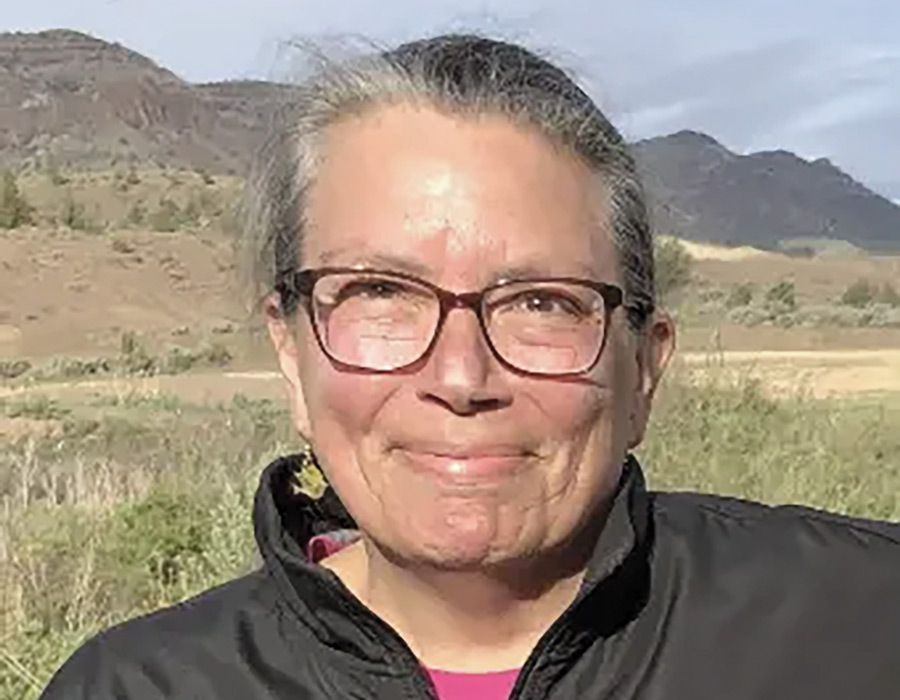
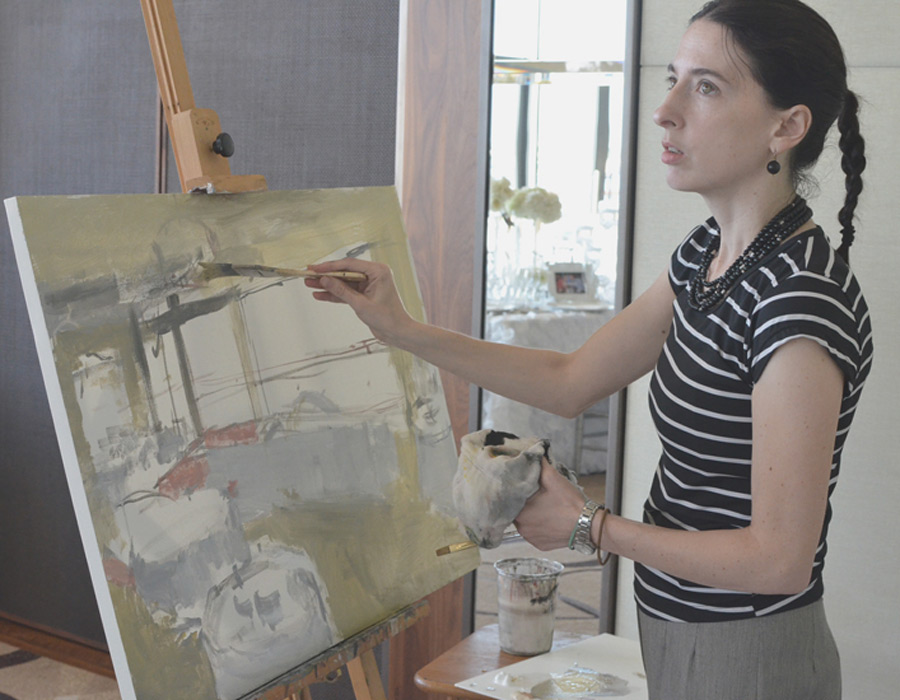
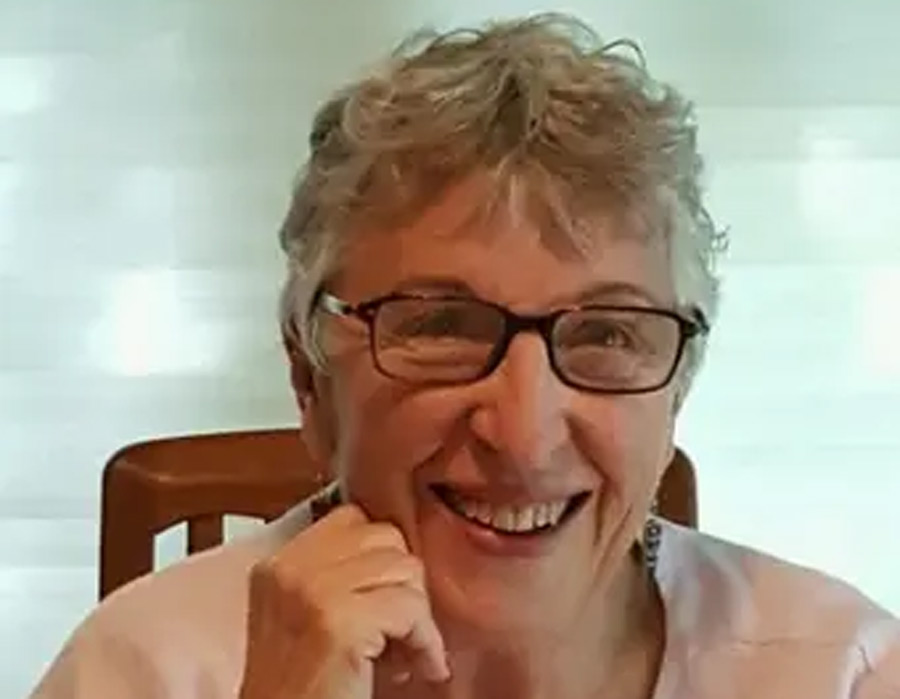
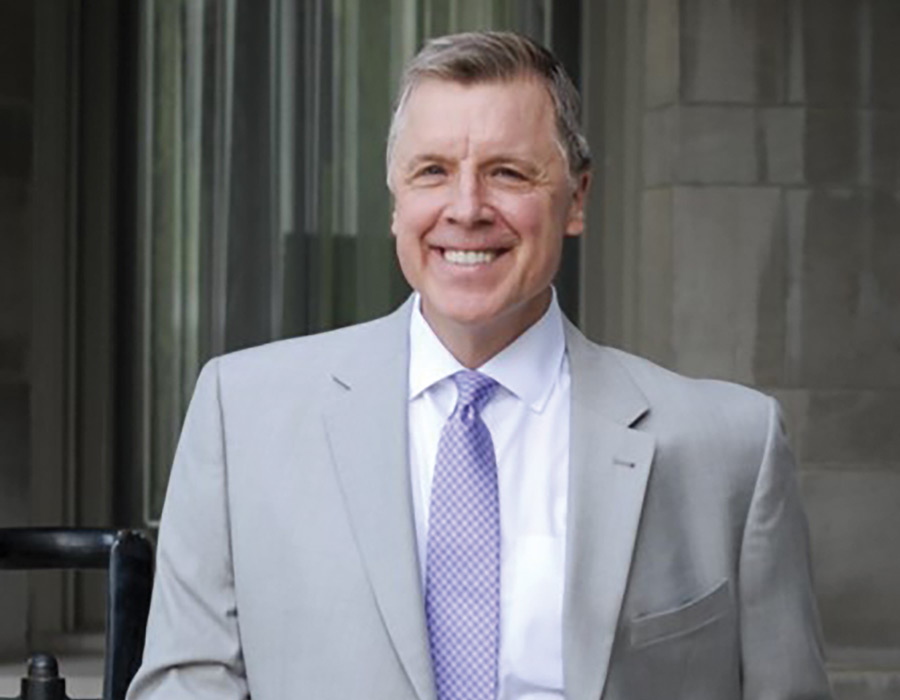
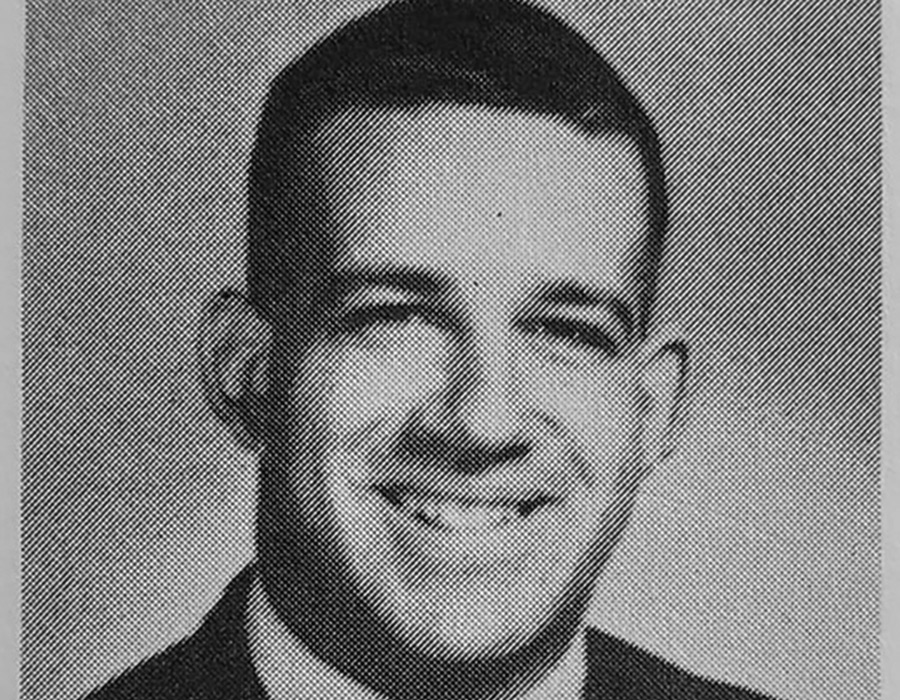
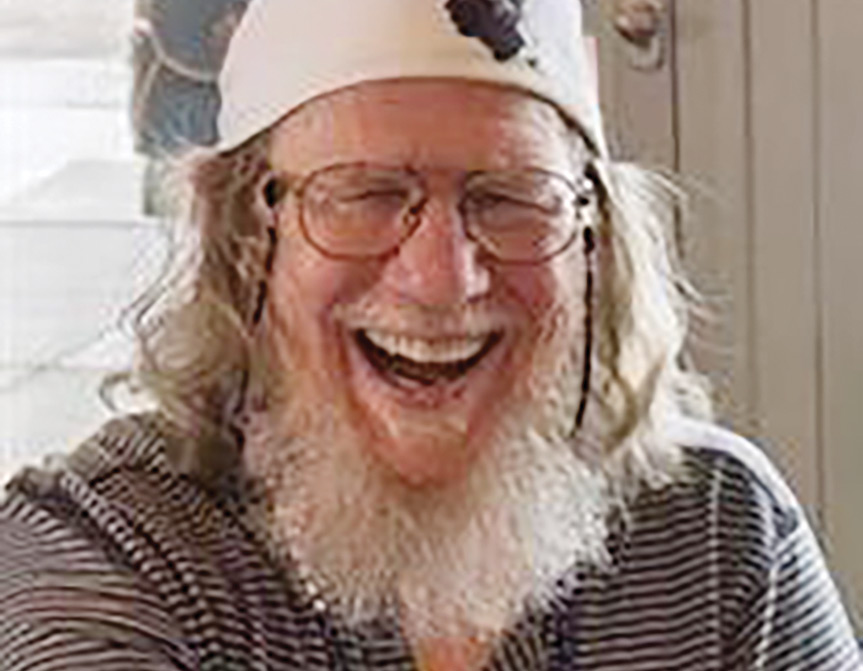
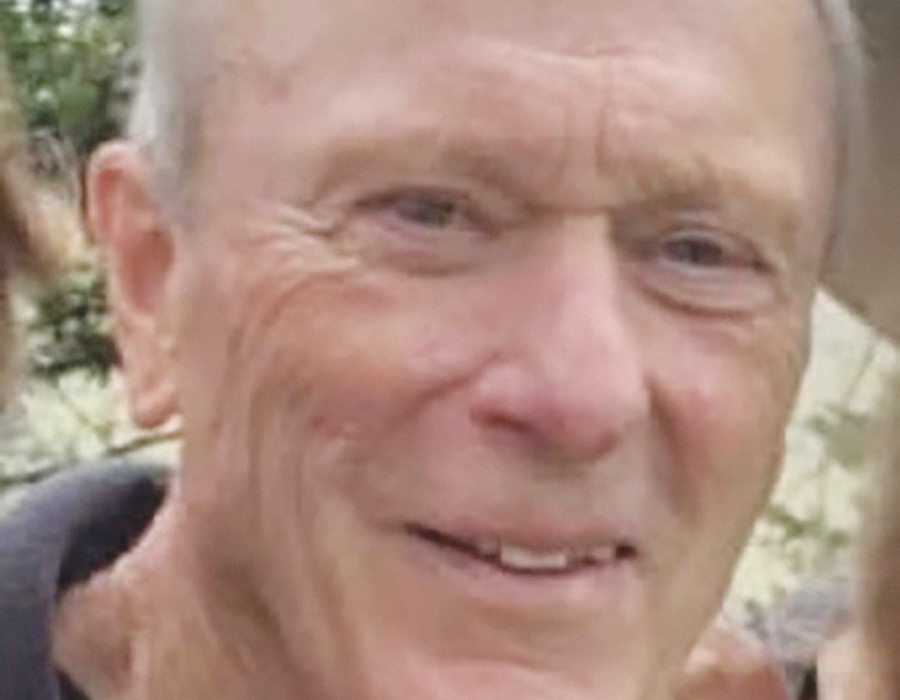
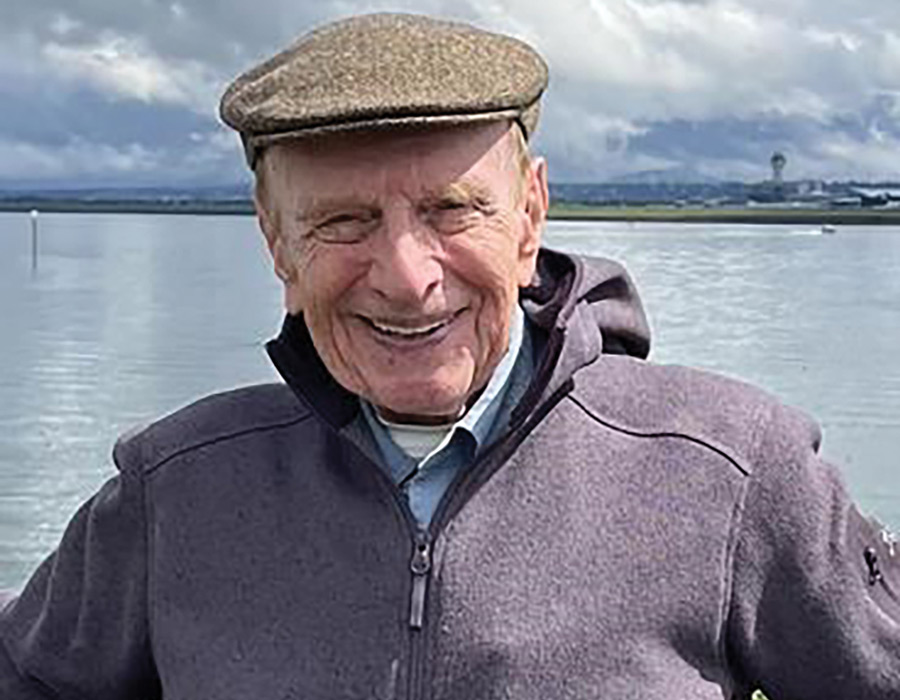
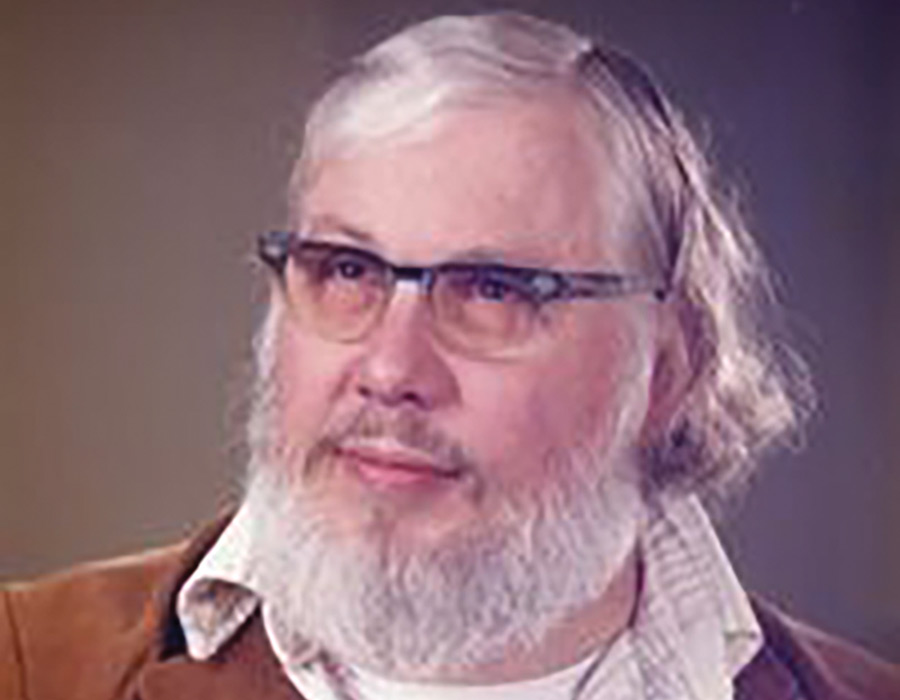
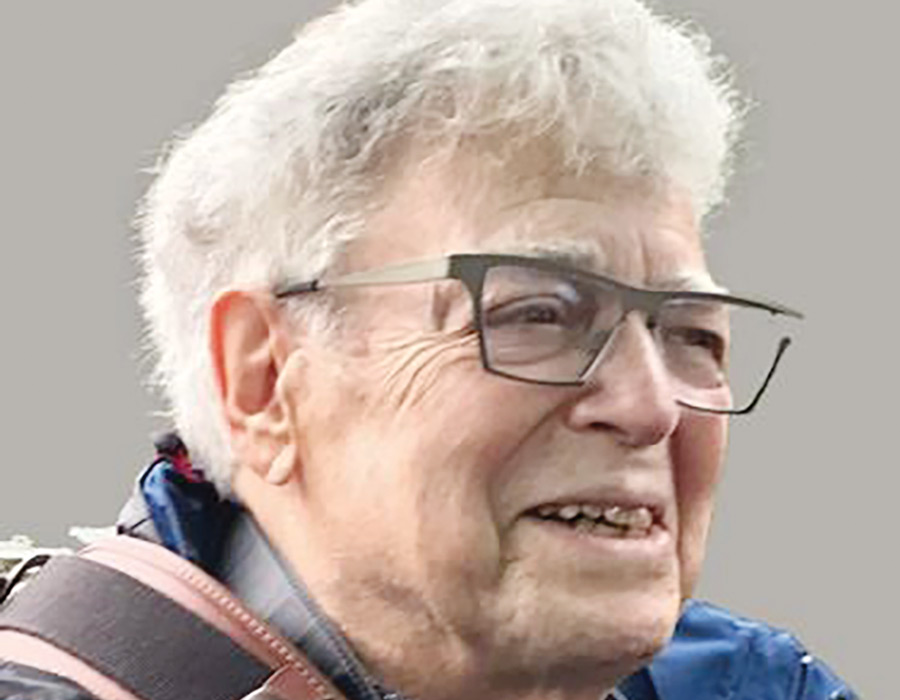
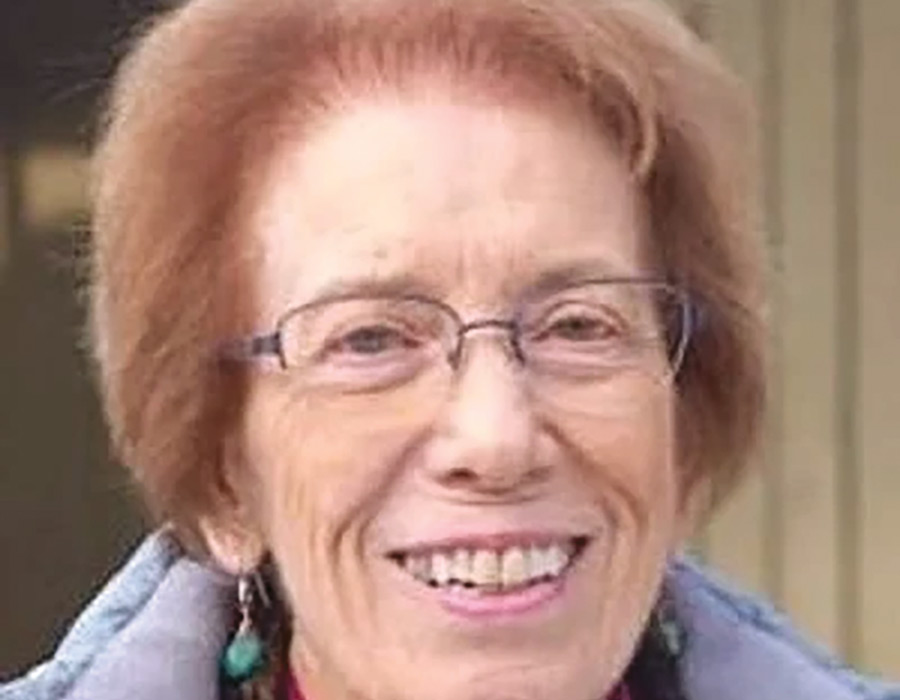
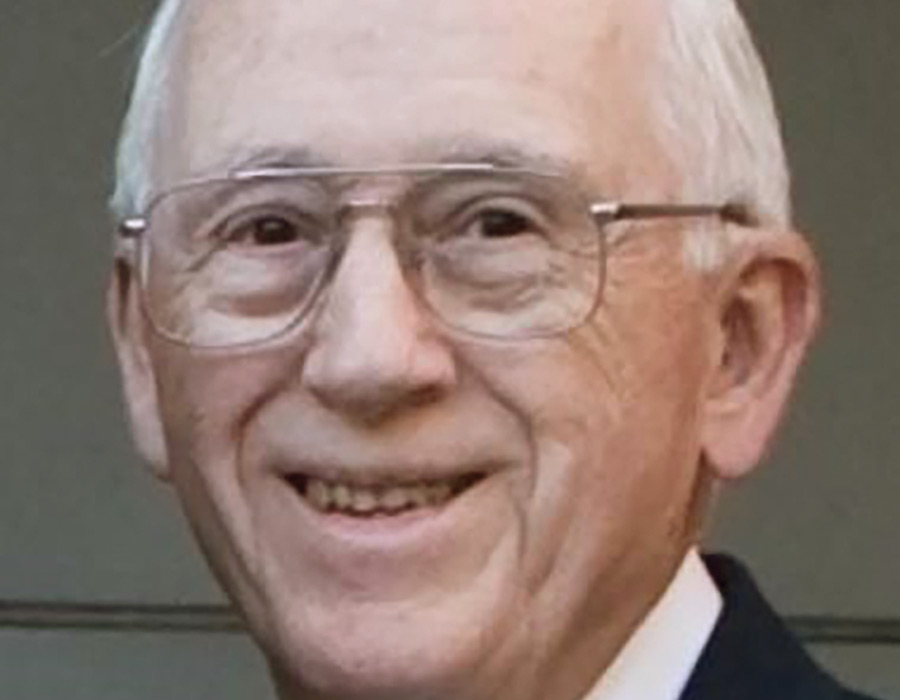
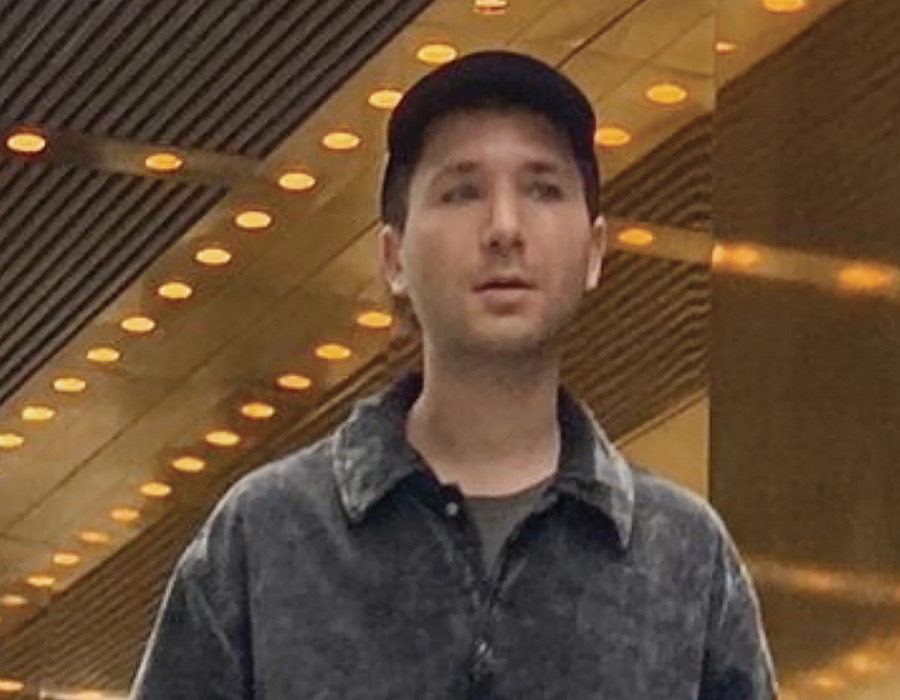
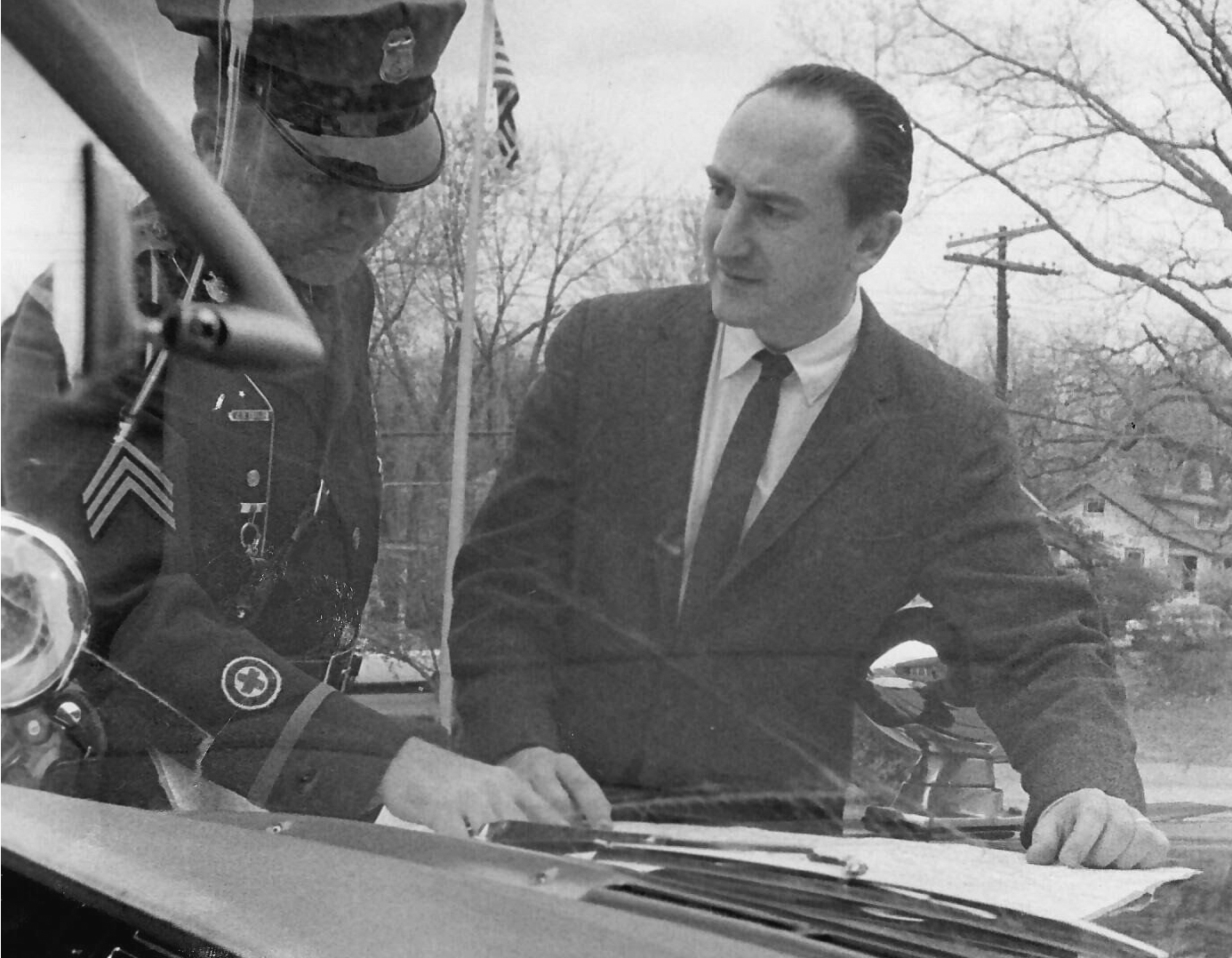
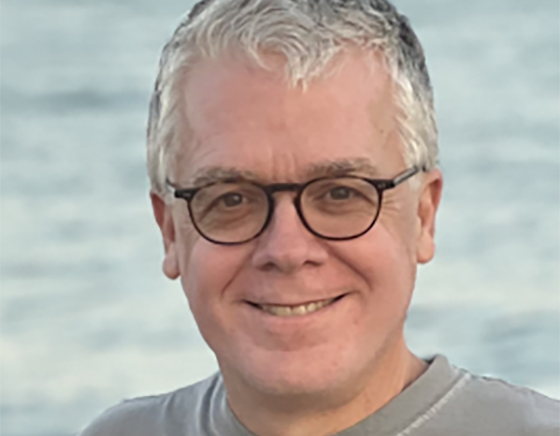
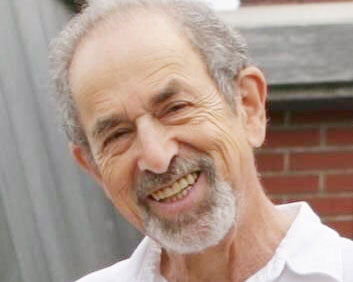



![Photo of Prof. Marvin Levich [philosophy 1953–94]](https://www.reed.edu/reed-magazine/in-memoriam/assets/images/2022/LTL-levich1.jpg)
![Photo of President Paul E. Bragdon [1971–88]](https://www.reed.edu/reed-magazine/in-memoriam/assets/images/2020/Bragdon.jpg)
![Photo of Prof. Edward Barton Segel [history 1973–2011]](https://www.reed.edu/reed-magazine/in-memoriam/assets/images/2020/Segel.jpg)








































































